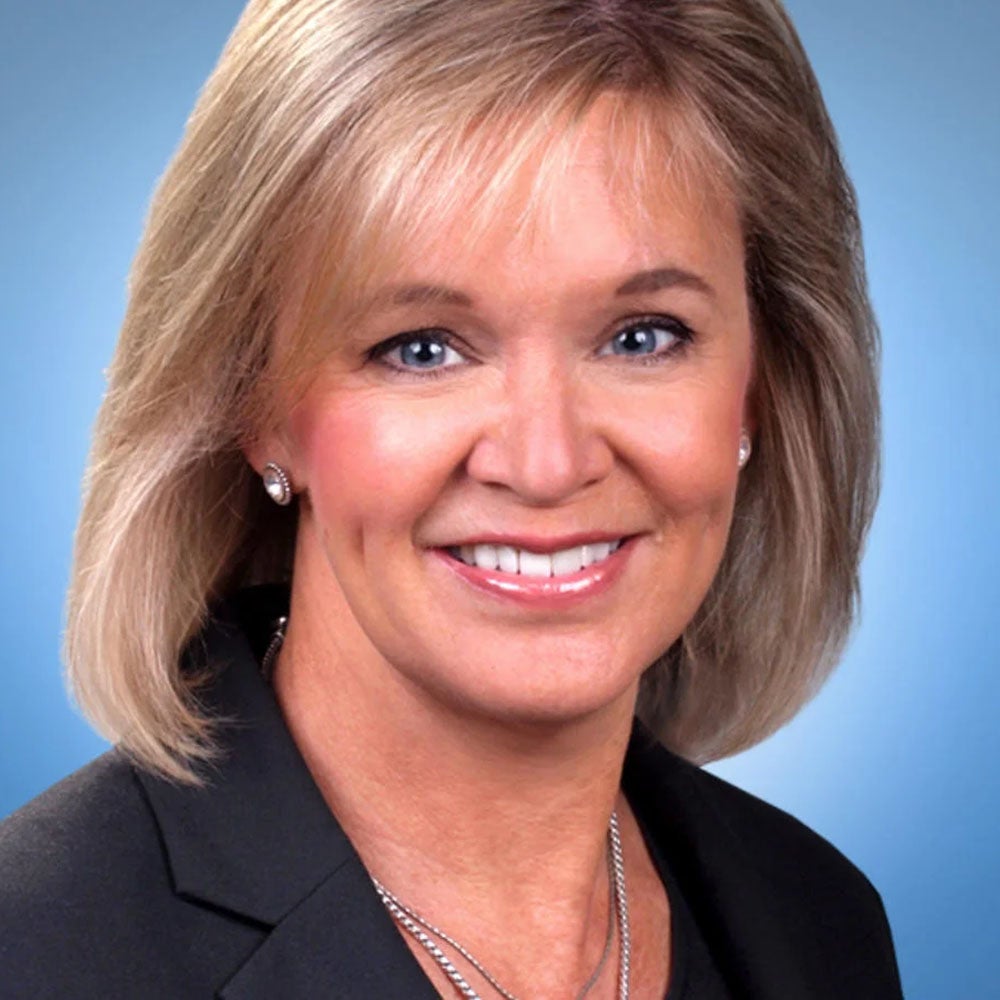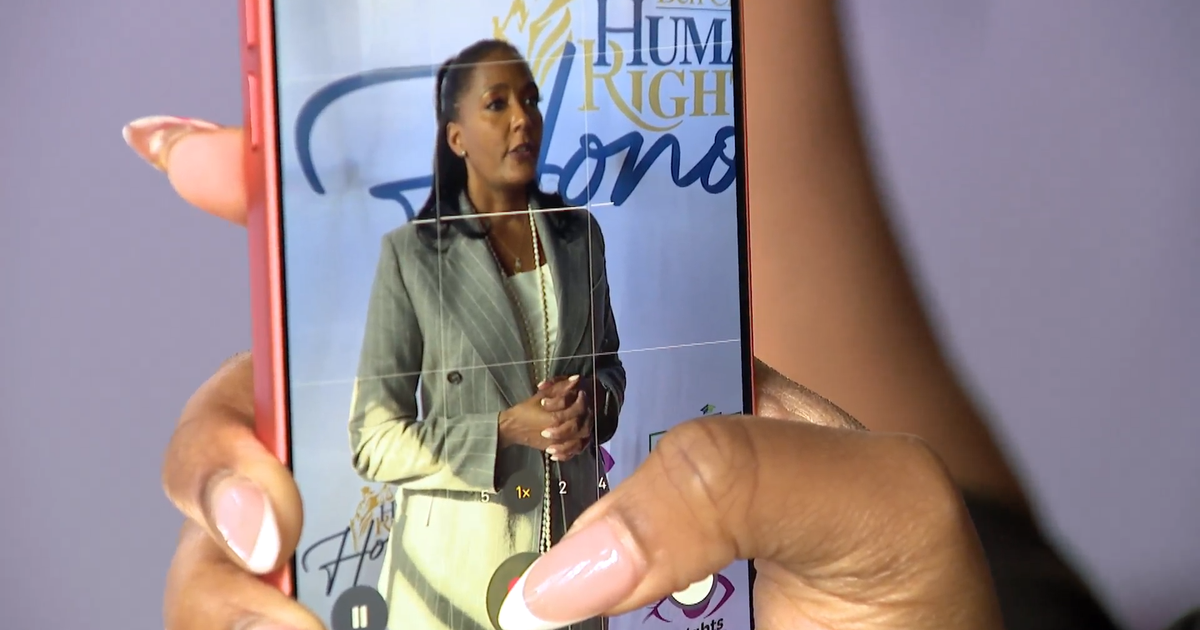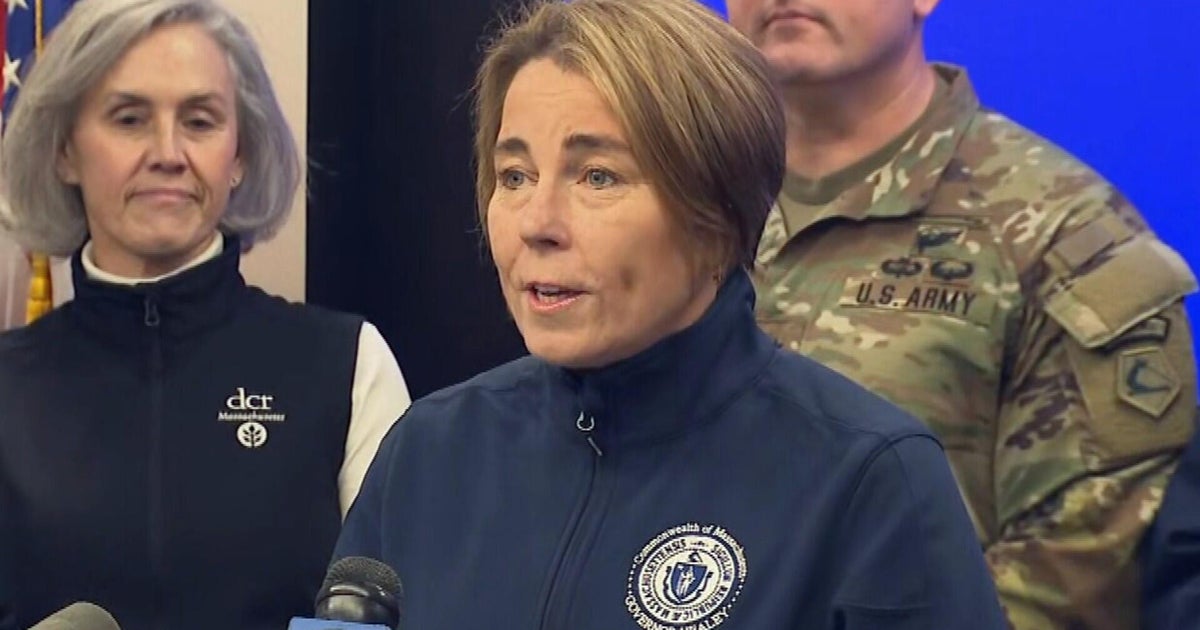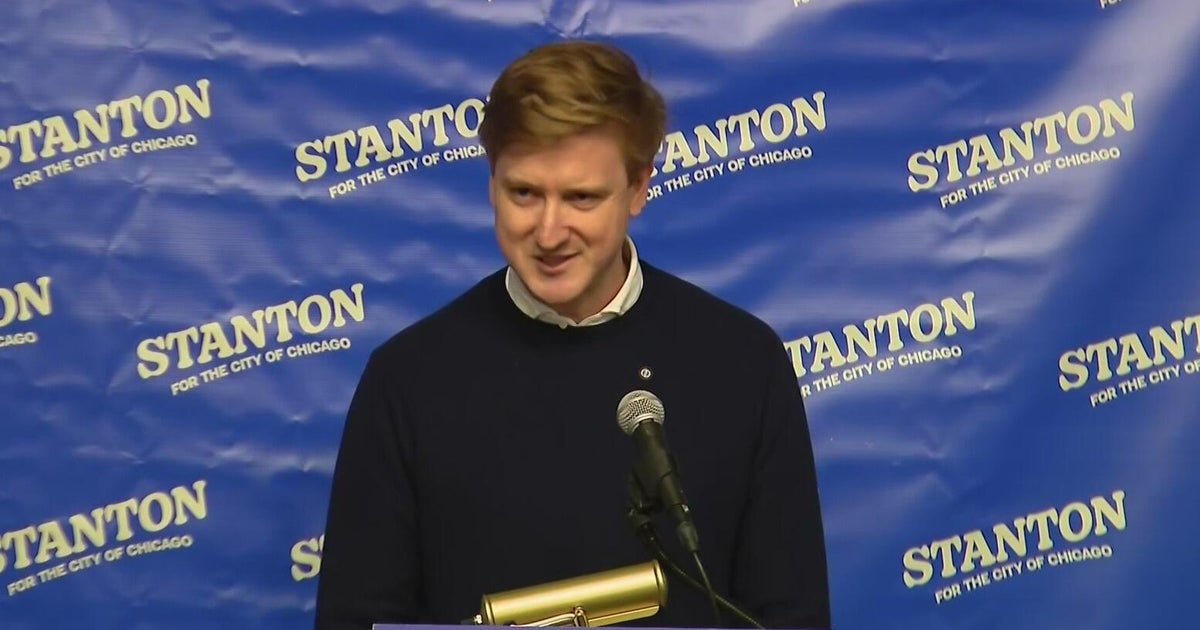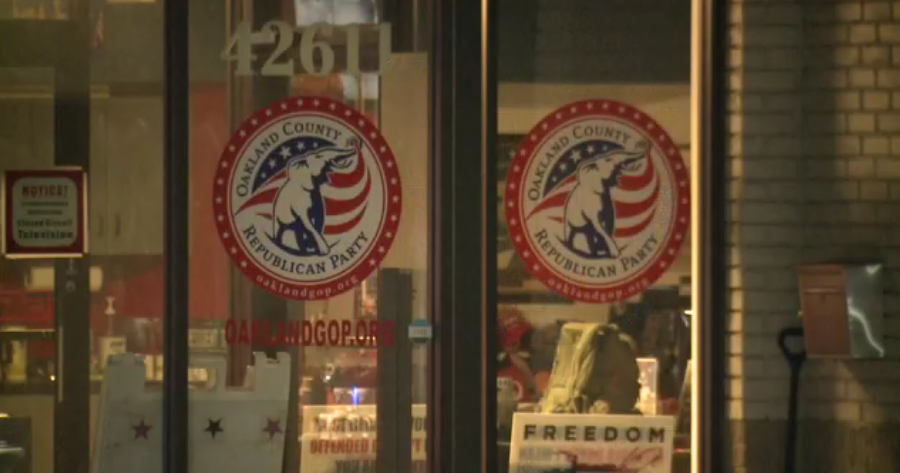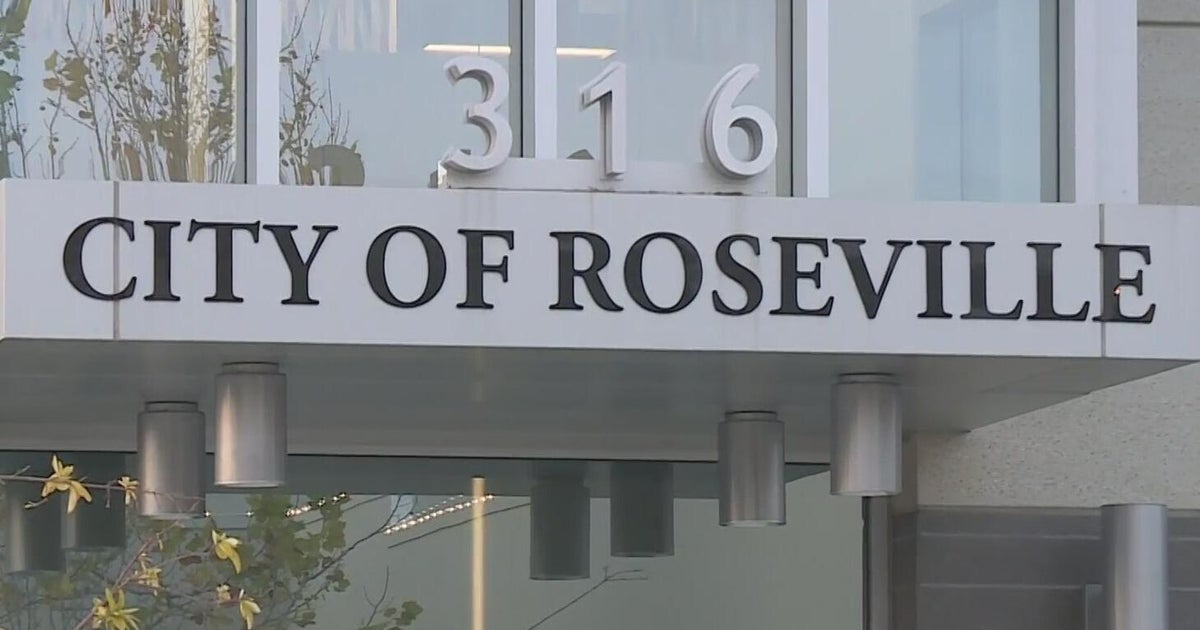Colorado ballot initiative Proposition 131 is aimed at giving voters more choices in candidates
Are you tired of elections where you vote for a candidate you don't like because you like the other one even less, or not voting for a third party candidate you do like because you think you'd be wasting your vote? In the campaign ads that have been running on TV in Colorado during this election cycle, supporters of Proposition 131 say you don't have to settle on Election Day anymore.
Maybe no ballot measure this year has had more ads than Proposition 131, which is aimed at giving Coloradans more choices in who represents them.
In one of the ads, there is the following announcement: "We have the chance to open up our elections, giving voters the freedom to vote for any candidate, regardless of their party in every election."
But that's not exactly true, as CBS News Colorado Political Report Shaun Boyd said in a Reality Check. Proposition 131 would apply to elections involving state and congressional races only, not local races like county commission or with presidential races.
The proposition would eliminate party primaries, and instead all candidates -- regardless of party -- would compete in an open primary. The top four finishers in each race would advance to the general election, where voters would rank candidates for each office in order of preference. If one candidate were to receive more than 50% of the vote, they would win. If not, the last place finisher in that race would be eliminated, and their votes would be reallocated to the candidate the voters rank second. The elimination process would continue until one candidate had 50% of all the votes cast.
Supporters say Proposition 131 incentivizes candidates to appeal to a broader base, and raises hopes that those who don't rank them first will rank them second. Supporters also say it encourages more independent and minor party candidates to run by giving them more of a fighting chance.
That earlier ad goes on to state the following: "That means better choices, candidates who care less about partisan politics and more about finding solutions."
Boyd says that's opinion. Many of the cities and states that have adopted open primaries and/or ranked choice voting (about 60 in all) have seen a bigger and more diverse pool of candidates, including more women and minorities. But other factors may be involved. As for the question of whether candidates are less partisan, many voters in those areas that were surveyed do perceive less negativity and more civility. The system does not appear to benefit one party over another, but it does diminish the power of party insiders.
Both major parties in Colorado oppose Proposition 131. The group leading the organized opposition is made up of Democrats who say the changes would cause confusion and errors, resulting in more ballots being invalidated and fewer people voting. Most studies and voter surveys find that has not been the case in places that have made the switch, but those places don't require people to vote one way (open primaries and/or ranked choice voting) in a state and congressional race and another way (the way voting currently works) in local and presidential races.
Opponents also claim that instead of political parties, wealthy special interests would influence outcomes of elections. They point out the lead proponent is philanthropist Kent Thiry. But proponents also include nonprofits like the League of Women Voters of Colorado, Sen. John Hickenlooper, Gov. Jared Polis and dozens of politicians on both sides of the aisle.
The ad from above includes another statement towards the end: "We can't change politics overnight, but we can make it better. Elections belong to us, Colorado."
It's true that the people of Colorado pay for elections, but county clerks run elections and Boyd reports they have concerns about implementation if Proposition 131 passes.
The supporters' ad would have you believe that Coloradans have everything to gain and nothing to lose by passing Proposition 131, but some places that have adopted ranked choice voting have since repealed it. It's not perfect. But in a state where half of the electorate is unaffiliated, it could give voters more choice.
